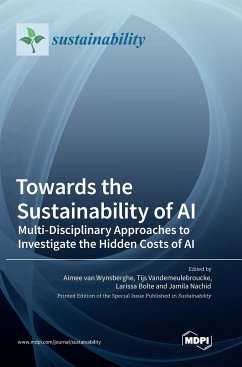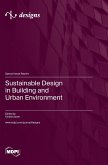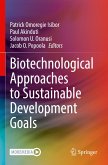Our era is characterized by two major phenomena. On the one hand, we are confronted by climate and environmental crises constituted by, among others, changing weather patterns, loss of biodiversity and natural wildlife, and ecosystem degradation. On the other hand, we are experiencing an ongoing technological evolution culminating in the rise of artificial intelligence (AI). The popular notion of "AI for Sustainability" constitutes an attempt to connect these two phenomena in a beneficial way by using AI to alleviate climate and environmental worries. AI is increasingly being used in the analysis, mitigation, and prevention of the climate and environmental crises and their effects. Much less attention has been paid to the idea of the "Sustainability of AI", which focusses on the materiality of AI technologies themselves. Indeed, what are the hidden costs of AI? Although we use AI in combatting the climate and environmental crises, does it not have its own contributions to these crises? And, if so, how do we account for these contributions? The Special Issue "Towards the Sustainability of AI; Multi-Disciplinary Approaches to Investigate the Hidden Costs of AI" is the first attempt to address the topic of "Sustainable AI" from a multi-disciplinary perspective. The authors that contributed to this issue come from diverse fields such as philosophy, ethics, sociology, law, and engineering. The included papers represent the first steps in understanding what it means to tackle the climate and environmental crises with AI while refraining from aggravating these crises.
Hinweis: Dieser Artikel kann nur an eine deutsche Lieferadresse ausgeliefert werden.
Hinweis: Dieser Artikel kann nur an eine deutsche Lieferadresse ausgeliefert werden.








